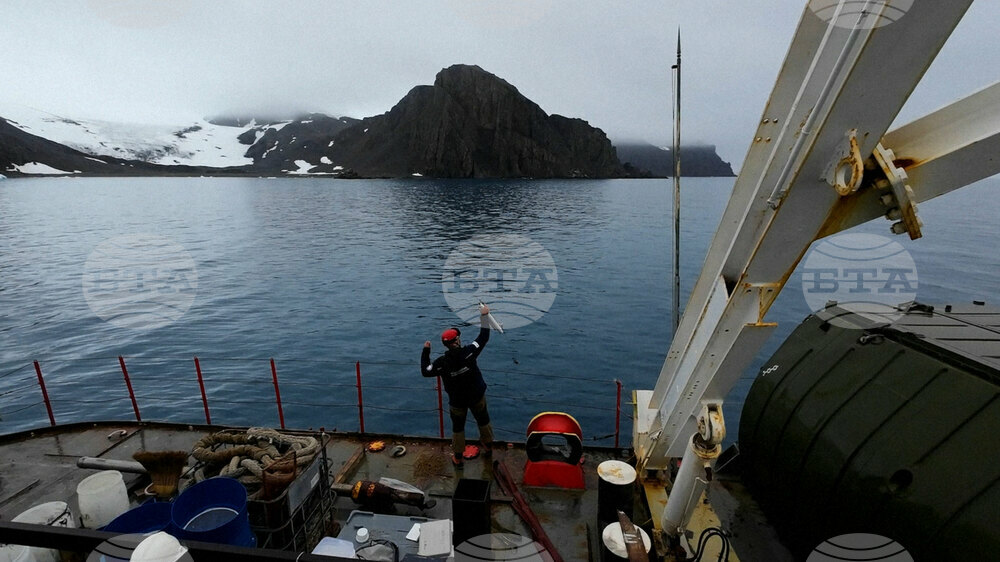BTA interview
![Assoc. Prof. Lyubomir Kenderov: Inhabitants of the Antarctic Seabed Are an Indicator of Changes Occurring on the Icy Continent]()
![Assoc. Prof. Lyubomir Kenderov: Inhabitants of the Antarctic Seabed Are an Indicator of Changes Occurring on the Icy Continent]() BTA Photo
BTA Photo
site.btaAssoc. Prof. Lyubomir Kenderov: Inhabitants of the Antarctic Seabed Are an Indicator of Changes Occurring on the Icy Continent


As part of the 32nd Bulgarian Antarctic expedition to Livingston Island, hydrobiologist Assoc. Prof. Lyubomir Kenderov, PhD studied the bottom sediments that form the habitat, the water and its parameters
/DD/
Additional
news.modal.image.header
news.modal.image.text
news.modal.download.header
news.modal.download.text
news.modal.header
news.modal.text






